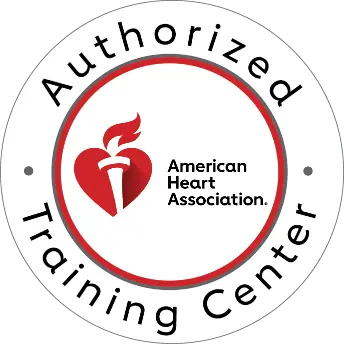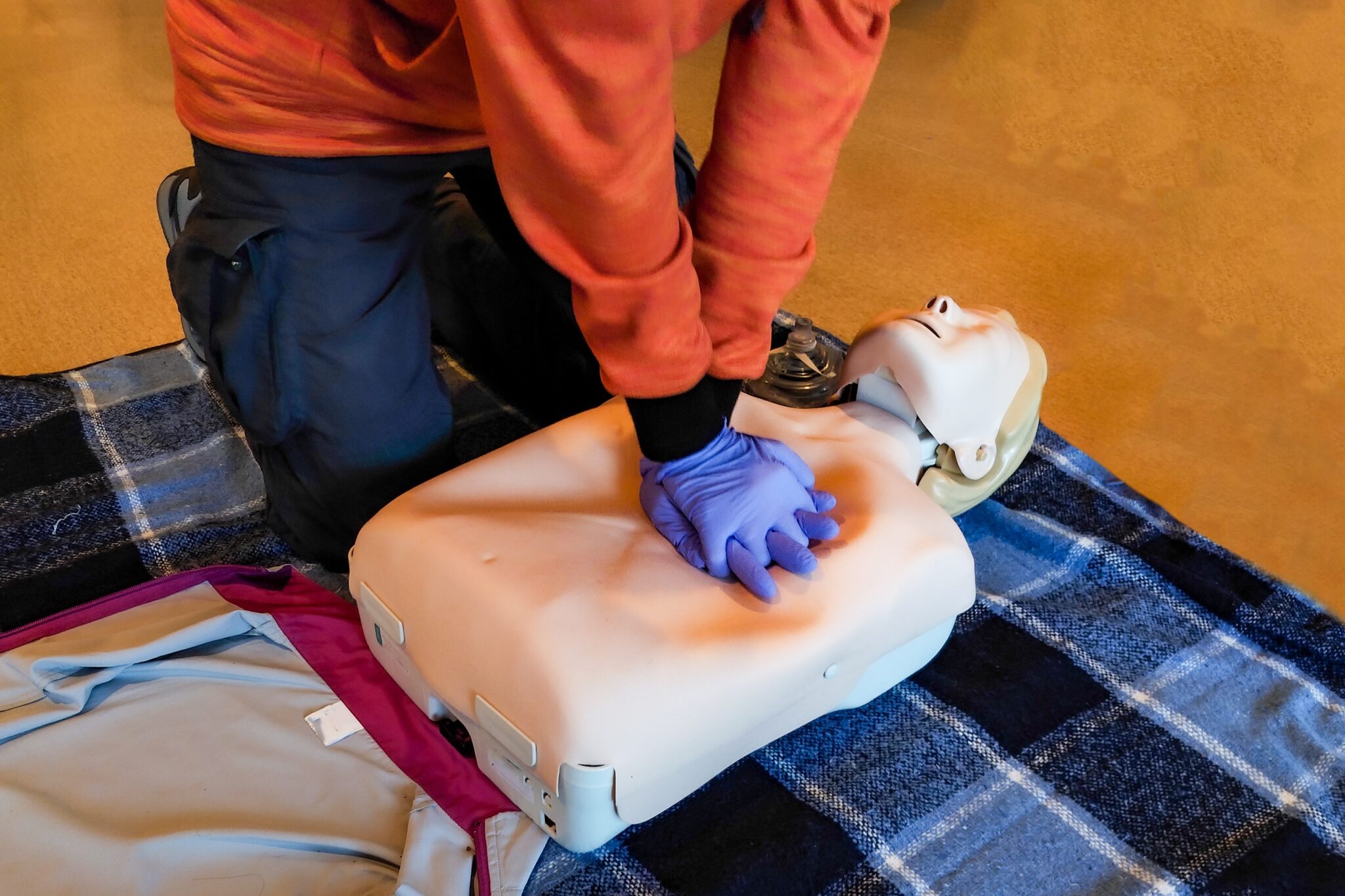
Safety Training Seminars in Oakland provides American Heart Association-certified Basic Life Support (BLS) courses designed for healthcare professionals and anyone interested in life-saving skills. These courses combine online learning with hands-on training, ensuring participants master critical techniques like CPR and AED usage. Upon completion, students earn a respected AHA certification, valid for two years. With expert instructors and real-world practice scenarios, these classes empower individuals to respond confidently during medical emergencies.
Flexibility is a key advantage, with sessions available daily, including evenings and weekends, to fit even the busiest schedules. Whether you’re a nurse, doctor, or community member eager to make a difference, Safety Training Seminars offers accessible training that equips you with the tools to save lives.
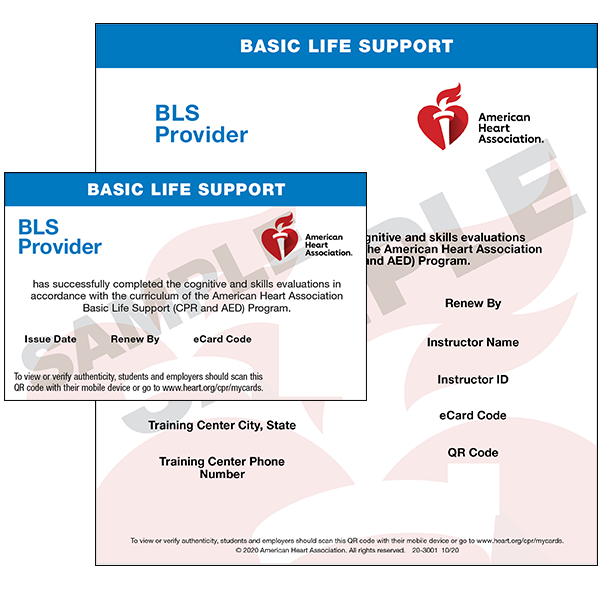
Basic Life Support
Online Course: 1-2 hours
Skills Testing: 30 minutes
100% Pass Rate Guaranteed
Lowest Prices In California
Receive Card On Class Day
Thousands of 5 Star Reviews
CE Credits to CA Dentists
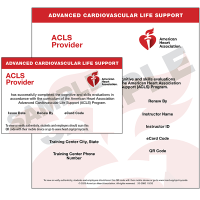
Advanced Cardiac Life Support
Online Course: 2-3 hours
Skills Testing: 30 minutes
100% Pass Rate Guaranteed
Lowest Prices In California
Receive Card On Class Day
Thousands of 5 Star Reviews
Some Professions: 2-3 CEU
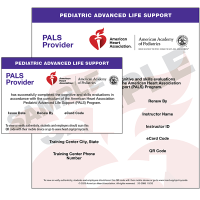
Pediatric Advanced Life Support
Online Course: 2-3 hours
Skills Testing: 30 minutes
100% Pass Rate Guaranteed
Lowest Prices In California
Receive Card On Class Day
Thousands of 5 Star Reviews
Some Professions: 3.75-5 CEU
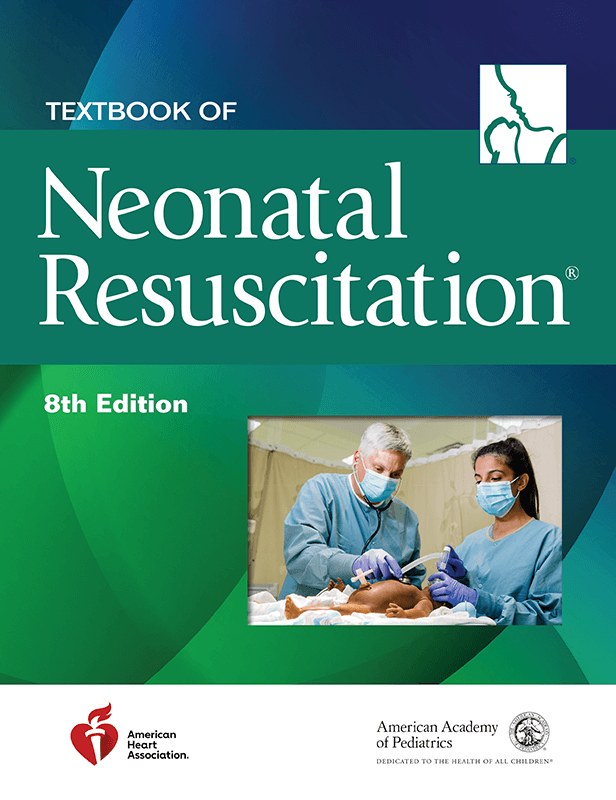
Neonatal Resuscitation Program
Online Course: 2-3 hours
Skills Testing: 3 hours
100% Pass Rate Guaranteed
Lowest Prices In California
Receive Card On Class Day
Thousands of 5 Star Reviews
Some Professions: 4 CEU
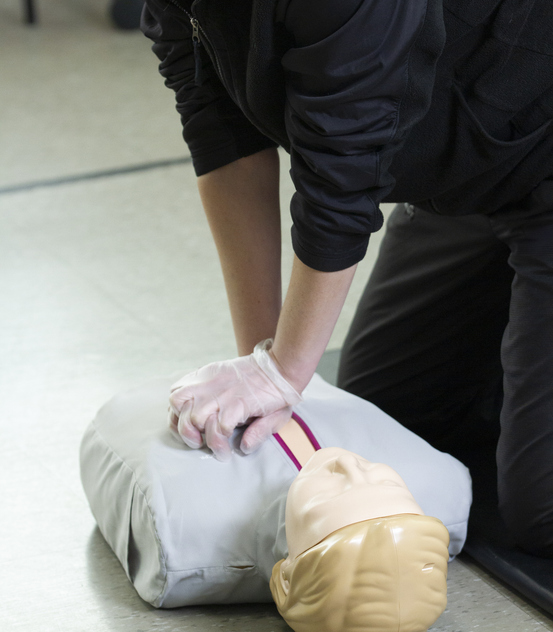
Audience: General public
Topics: CPR for all age groups, AED use, bleeding, epi-pen, etc
Online Session: 1 Hour
Skills Testing: 30 minutes
Card: Safety Training Seminars
Certification: Valid 2 years
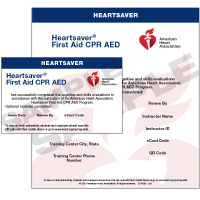
Audience: General public
Topics: CPR for all age groups, AED use, bleeding, epi-pen, etc
AHA Online Course: 1-2 Hours
Skills Testing: 30-45 minutes
Card: American Heart Association
Certification: Valid 2 years
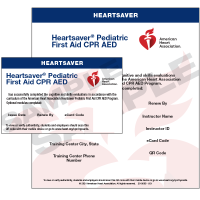
Audience: CA childcare providers
Topics: CPR for all age groups, AED use, bleeding, epi-pen, etc
AHA Online Course: 1-2 Hours
Skills Testing: 30-45 minutes
Card: American Heart Association
Certification: Valid 2 years

Audience: Childcare providers
Topics: Lead poisoning, nutrition, infectious disease,etc
Zoom Course: 8 Hrs (state law)
Skills Testing: 30-45 minutes
Card: EMSA Health & Safety
Certification: No expiration



Our Oakland CPR Certification school is located in the Lake Merritt area in downtown. We are located on the 11th floor.
Safety Training Seminars offers the most affordable American Heart Association BLS courses in Oakland, backed by a low price guarantee.
Safety Training Seminars provides American Heart Association BLS cards on the same day as your class in Oakland, while other companies may take weeks.
Safety Training Seminars is an official American Heart Association BLS Training Center (20784) and is fully licensed to operate across the United States.
Safety Training Seminars delivers exceptional customer service, with staff available every day from 7 am to 7 pm, including weekends, to assist Oakland clients.
Safety Training Seminars has over 70 offices in California, including two convenient locations in Oakland, making it easy to renew your AHA BLS card.
Safety Training Seminars is trusted by over 10,000 customers, who have left 5-star reviews and frequently return for the outstanding service.
Safety Training Seminars in Oakland is proudly owned by Laura Seidel, a local businesswoman devoted to providing excellent service to her community.
Safety Training Seminars offers daily BLS classes in Oakland, with flexible evening and weekend scheduling options tailored to your needs.
After completing your American Heart Association training at one of our Oakland locations, we’d love to hear about your experience! Leaving a review on Google, Yelp, or Facebook helps others in the community discover our training programs and supports our women-owned small business.
We’re proud to serve Oakland, helping neighbors learn critical, life-saving skills. Many of our students find us through reviews and recommendations from people just like you. Whether you’re a healthcare professional, an educator, or a parent, your feedback is invaluable. It not only allows us to improve but also connects more locals with the resources they need.
Thank you for taking the time to share your thoughts and for supporting our mission to make Oakland a safer, more prepared community!
Safety Training Seminars offers essential BLS, CPR, and First-aid classes in Oakland, empowering individuals with life-saving skills. Our programs are designed to meet the needs of healthcare professionals, educators, parents, and anyone seeking to make a difference in emergencies. Whether you’re responding to a workplace incident or helping a loved one at home, these certifications provide the critical knowledge and confidence you need to act quickly when every second counts.
Serving the vibrant Oakland community, we take pride in being a women-owned business committed to promoting safety and preparedness. Our training sessions not only align with the American Heart Association standards but also reflect a deep understanding of local needs. Students benefit from hands-on practice, expert guidance, and a supportive learning environment, ensuring they leave with skills that could protect and save lives.
Choosing Safety Training Seminars means you’re investing in top-tier instruction with a personal touch. Positive reviews from our students highlight the clarity, professionalism, and compassion we bring to every class. By equipping Oakland residents with knowledge and confidence, we’re helping create a safer, more resilient community. Join us today and take a step toward preparedness that could make all the difference in someone’s life.
Oakland, CA, is home to exceptional healthcare and education resources. Highland Hospital, part of Alameda Health System, stands out with its specialties in trauma care, emergency medicine, and maternal health, serving as a critical safety net hospital. UCSF Benioff Children’s Hospital Oakland offers comprehensive pediatric care, renowned for its specialized programs and groundbreaking research. Nearby in San Francisco, UCSF Medical Center and the UCSF School of Medicine enhance access to advanced medical care and education. UCSF focuses on cutting-edge research and training the next generation of healthcare leaders. Together, these institutions ensure Oakland residents receive top-tier care while fostering medical innovation.
